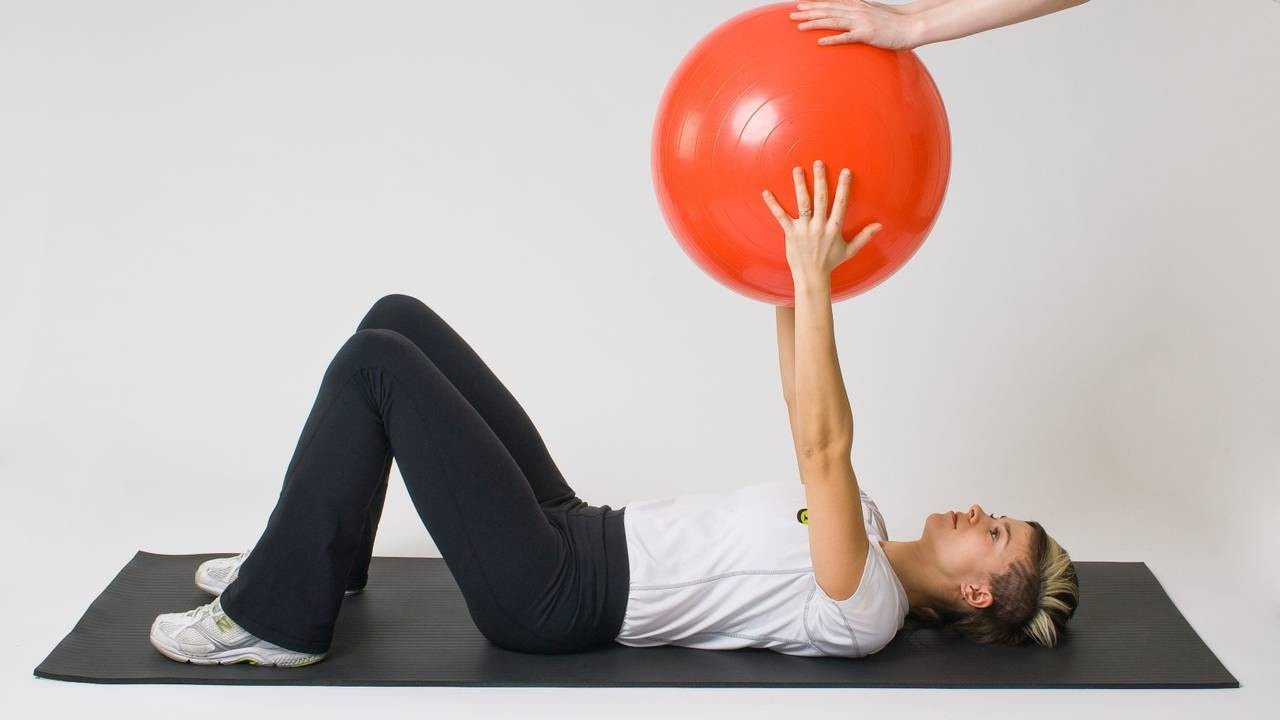What’s a kinesiologist?
Physiotherapy, massage therapy, kinesiology, osteopathy — there are so many health practices out there, it can be tough to know what each one means and most importantly, which one can help you be more healthy. Today, we dive deeper into kinesiology — the study of human movement, originating from the Greek word kinetics, to move.
We asked our wonderful Registered Kinesiologist Sarah Nichols to weigh in, describe the education needed to become a Kinesiologist, and why this practice can be so helpful in injury rehabilitation from a traumatic event like a car accident.
What is kinesiology?
According to the College of Kinesiologists of Ontario, “Kinesiology is the scientific study of human movement, performance and function. The practice of kinesiology incorporates the sciences of biomechanics, anatomy and physiology, and considers neuroscience and psychosocial factors. Kinesiologists use evidence-based research to treat and prevent injury and disease, and to improve movement and performance. Kinesiologists work with people of all ages and physical abilities in many settings to help them achieve their health and wellness goals and improve quality of life.”
To become a Kinesiologist, health care professionals must complete a 4-year University Bachelor’s degree in Kinesiology or similar such as Human Kinetics or Physical Education. They then must write and pass an exam in order to register with the College of Kinesiologists of Ontario. This is why you will see R.Kin. next to the names of our Kinesiologists here at RRC.
What is the role of a Kinesiologist?
Kinesiologists help clients with:
- Injury rehabilitation
- Return to work planning
- Trauma rehabilitation
- Fitness and athletics
- Health promotion
- Public health
- Improving proper biomechanics and movement patterns
Here at RRC, we help rehabilitate clients who’ve experienced car accidents using kinesiology — helping them regain daily function and mobility, by taking into account their injuries and trauma to develop a personalized rehabilitation plan.
Is kinesiology covered by my insurance?
OHIP does not cover kinesiology, however, more and more personal extended health benefits are adding Kinesiology to their coverage. If you are in a car accident, your insurance will cover Kinesiology care. If you’re not sure if your health benefits cover kinesiology, ask your provider. If dealing with a car accident, we can check with your insurance for you.
How does kinesiology work?
At RRC, our Kinesiologists will perform a detailed health history and assessment of movement patterns and injuries. Using this information they will create a personalized exercise rehabilitation plan specific to your needs and injuries. You will work 1-on-1 with one of our Kinesiologists to help reach your health goals in a setting that best suits you. This may be in your home, the pool or our rehabilitation studio. Each plan is specific and custom to the individual.
Now you know how kinesiology can help you; contact us to schedule an individual consultation with one of our Registered Kinesiologists today.


